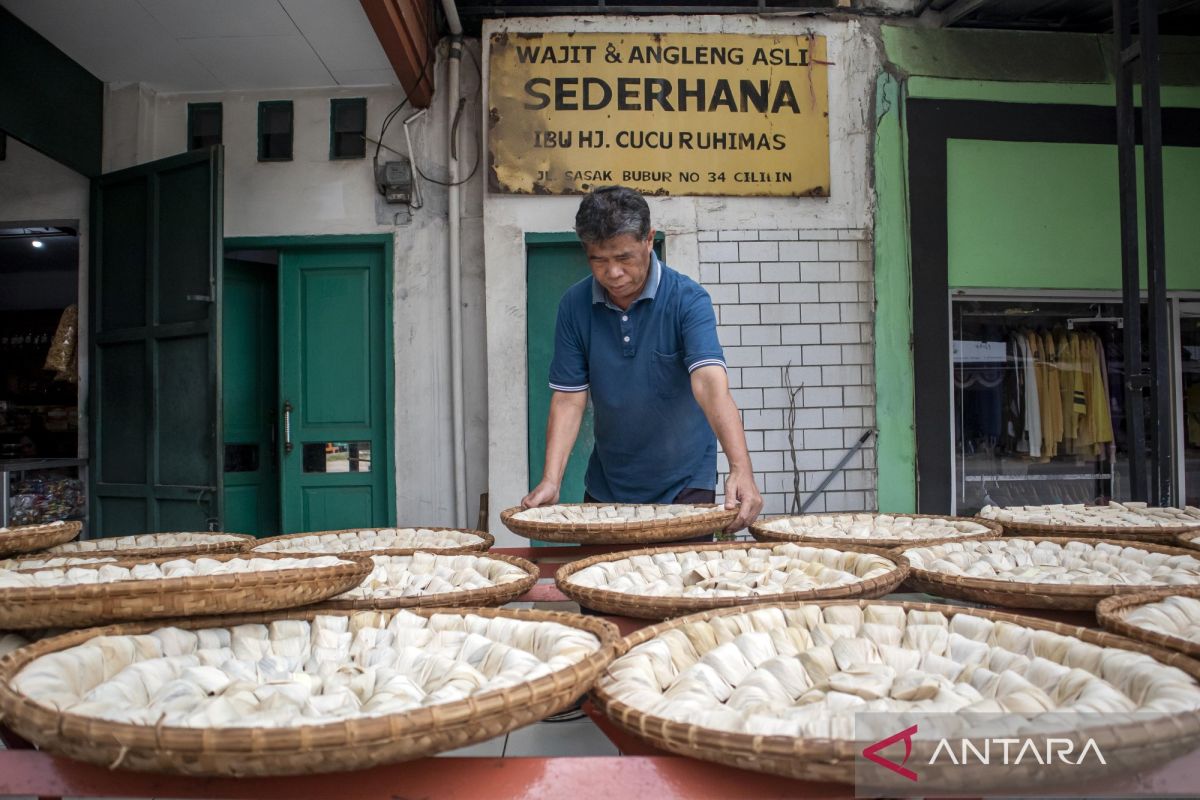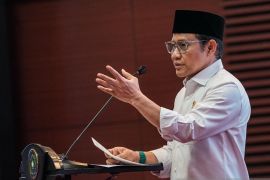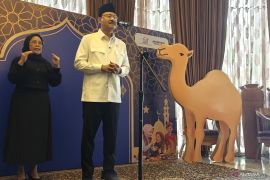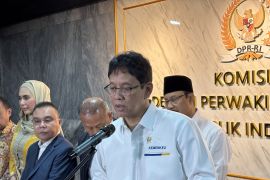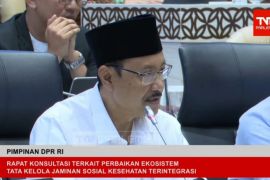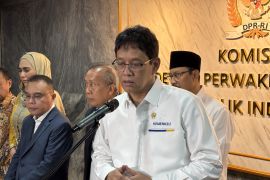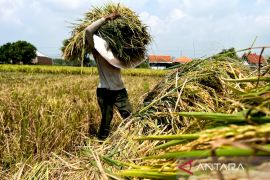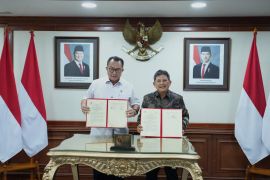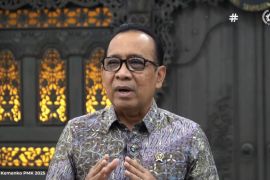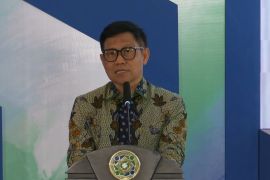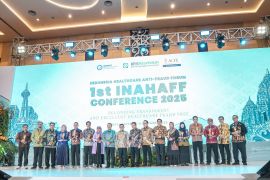"Amid global economic uncertainty and the growing threat of climate change, insurance is a crucial instrument for MSMEs," he said during the Insurance Day 2025 event in Nusa Dua, Bali, on Saturday.
Despite their vital role in the economy, only about 2.96 percent of MSMEs in Indonesia have disaster insurance, and 53 percent have made no preparations to face potential disasters, he noted.
Data from the MSME Ministry show that Indonesia has about 57 million MSME entrepreneurs, contributing 61.2 percent to the country's GDP and employing 97 percent of its workforce.
The Asian Development Bank (ADB) reported in 2024 that MSMEs, particularly micro-enterprises, are among the sectors most vulnerable to economic disruptions and natural disasters.
Abdurrahman said 40 percent of MSMEs in Indonesia fail to recover after disasters, while 25 percent take more than two years to recover.
"Insurance is not only about protection but also about enabling business recovery and continuity," he said.
However, he acknowledged that insurance literacy and inclusion in Indonesia remain relatively low.
The 2025 National Survey on Financial Literacy and Inclusion (SNLIK) showed that the insurance literacy index rose to 45.45 percent from 36.9 percent in 2024, while inclusion jumped to 28.5 percent from 12.12 percent.
Despite the progress, the survey found a persistent gap between literacy and inclusion, indicating that many still lack understanding of how to use financial products effectively.
Abdurrahman called on insurance associations to intensify collaboration to improve insurance literacy among MSME entrepreneurs.
He said low insurance literacy not only reflects a knowledge gap but also directly affects business resilience.
Insurance, he added, plays a strategic role in supporting government financing programs such as the People's Business Credit (KUR) scheme.
"Through insurance protection, credit distribution and access to financing for MSMEs are expected to continue increasing," he said.
The MSME Ministry reported that as of October 17, KUR disbursement had reached Rp217.1 trillion (around US$13.1 billion) for nearly 3.7 million MSMEs, with around 60 percent, or Rp129 trillion, directed to the production sector.
"If financing distribution to the production sector continues to grow, the economic benefits will be felt more widely," Abdurrahman said.
Related news: Indonesia spurs MSME to compete with imports through creative branding
Related news: Indonesia develops MSME-based gastronomic tourism
Translator: Dewa Ketut Sudiarta Wiguna, Katriana
Editor: Anton Santoso
Copyright © ANTARA 2025
